Five book that cover aspects of PTSD
from personal experiences to therapeutic approaches.
Post-Traumatic Stress Disorder (PTSD) is a complex and debilitating mental health condition that can affect individuals who have experienced or witnessed traumatic events. It is often associated with war veterans, but it can affect anyone who has been exposed to trauma, such as survivors of accidents, natural disasters, sexual assault, or childhood abuse. In this exploration of PTSD, we will delve into its definition, symptoms, causes, and the available treatment options.
Defining PTSD:
PTSD is classified as an anxiety disorder in the Diagnostic and Statistical Manual of Mental Disorders (DSM-5), a widely accepted manual used by mental health professionals for diagnosis. It is characterized by a range of symptoms that persist for a significant period after the traumatic event has occurred. These symptoms can severely disrupt an individual's daily life, relationships, and overall well-being.
Symptoms of PTSD:
PTSD symptoms can be grouped into four main categories:
Re-experiencing: Individuals with PTSD often relive the traumatic event through intrusive and distressing memories, nightmares, or flashbacks. They may experience intense emotional and physical reactions when reminded of the trauma.
Avoidance: To cope with the distressing memories and emotions associated with the trauma, people with PTSD tend to avoid situations, places, or people that remind them of the event. This avoidance can lead to social withdrawal and isolation.
Negative Changes in Mood and Thoughts: PTSD can lead to persistent negative emotions, such as guilt, shame, anger, or fear. Individuals may also develop distorted beliefs about themselves, others, or the world around them. They may struggle with memory problems and difficulty concentrating.
Hyperarousal: This category includes heightened responses to stress, including irritability, insomnia, difficulty concentrating, exaggerated startle responses, and a constant feeling of being on edge.
5 BOOKS TO READ ABOUT PTSD
"The Body Keeps the Score: Brain, Mind, and Body in the Healing of Trauma" by Bessel van der Kolk
This book explores the effects of trauma on the body and offers insights into innovative therapeutic approaches to healing from PTSD. It's a highly acclaimed and widely recommended resource in the field of trauma.
Link to Amazon: "The Body Keeps the Score:
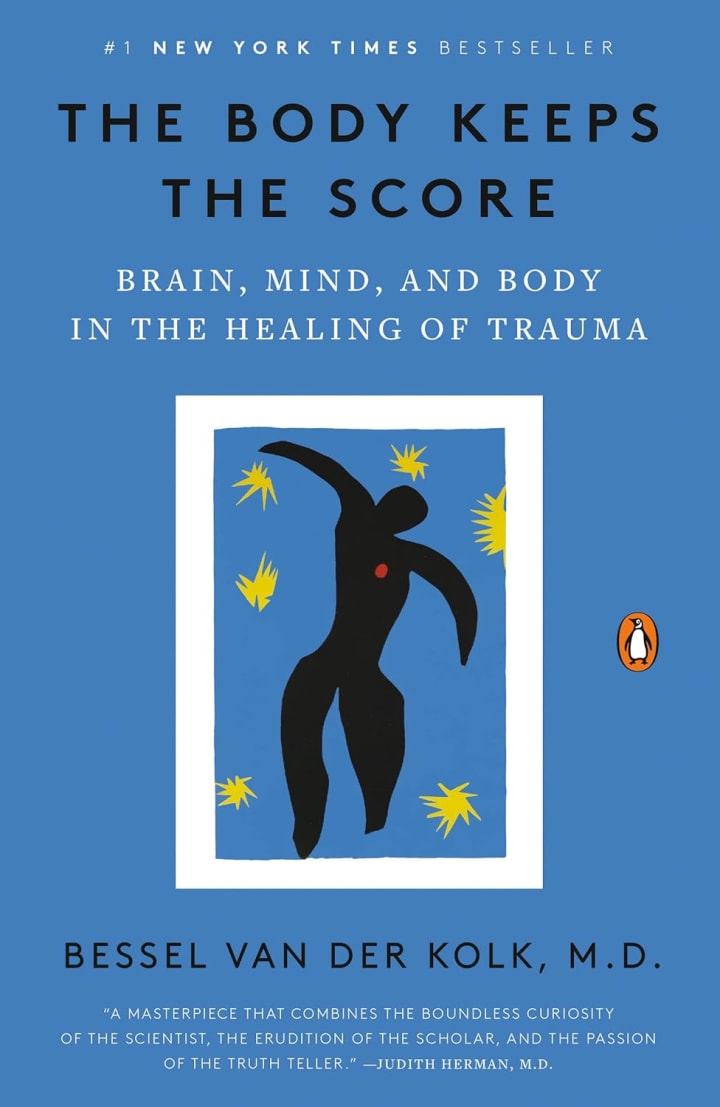
"The PTSD Workbook: Simple, Effective Techniques for Overcoming Traumatic Stress Symptoms" by Mary Beth Williams and Soili Poijula
A practical workbook that provides exercises and techniques to help individuals manage and overcome PTSD symptoms. It's a great resource for self-help and self-guided therapy.
Link to Amazon:"The PTSD Workbook:
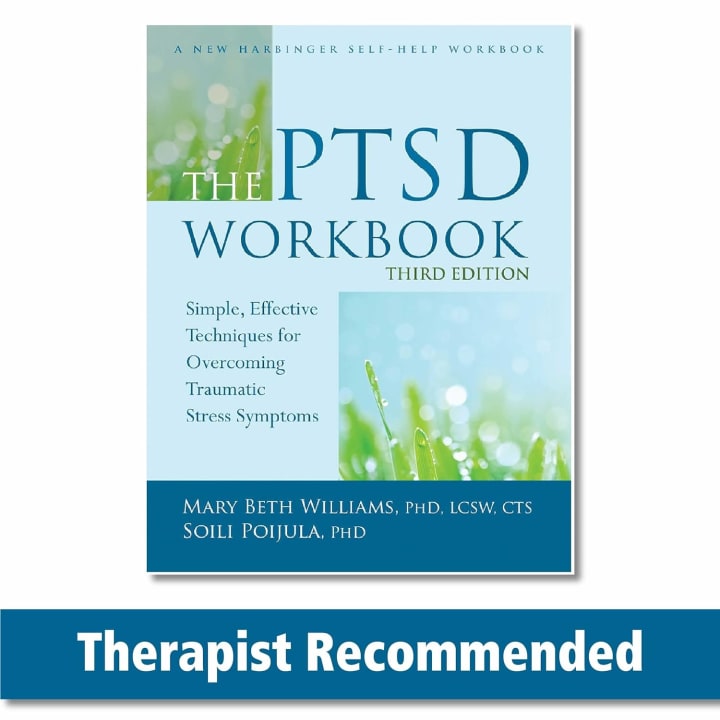
"Tribe: On Homecoming and Belonging" by Sebastian Junger
While not solely focused on PTSD, this book delves into the concept of belonging and the impact of war and trauma on the human psyche. It provides valuable insights into the emotional experiences of veterans and individuals affected by trauma.
Link to Amazon:"Tribe: On Homecoming and Belonging"
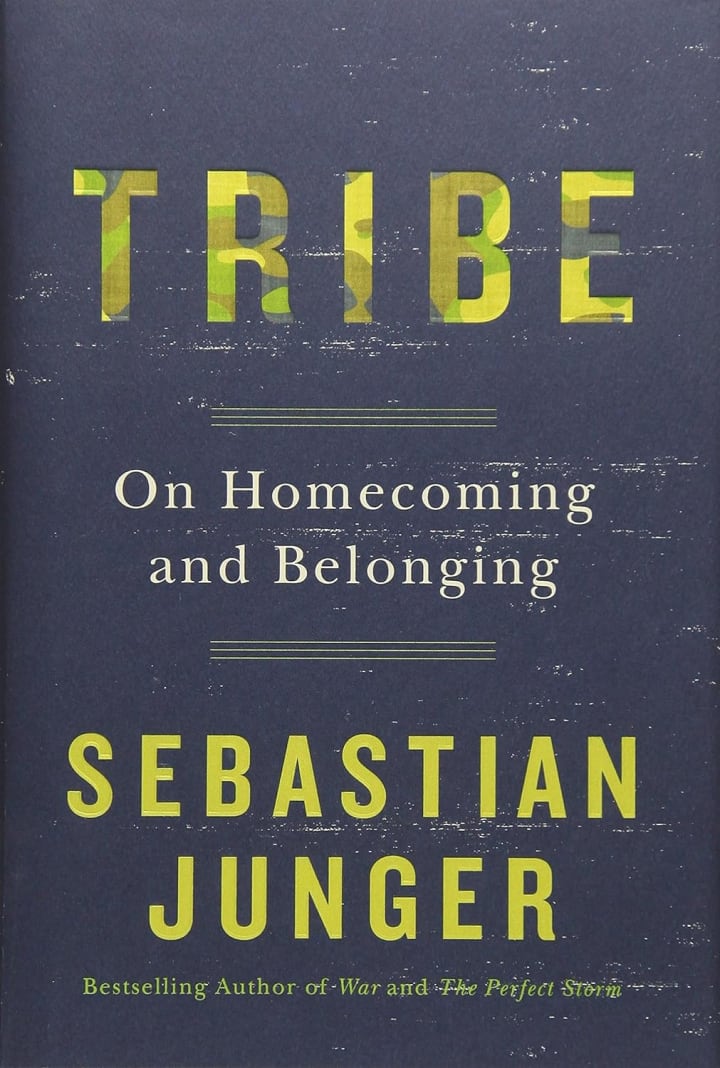
"After the War Zone: A Practical Guide for Returning Troops and Their Families" by Laurie B. Slone and Matthew J. Friedman
Geared towards military personnel and their families, this book offers guidance on understanding and coping with the challenges of reintegration after deployment, including PTSD.
Link to Amazon:"After the War Zone:
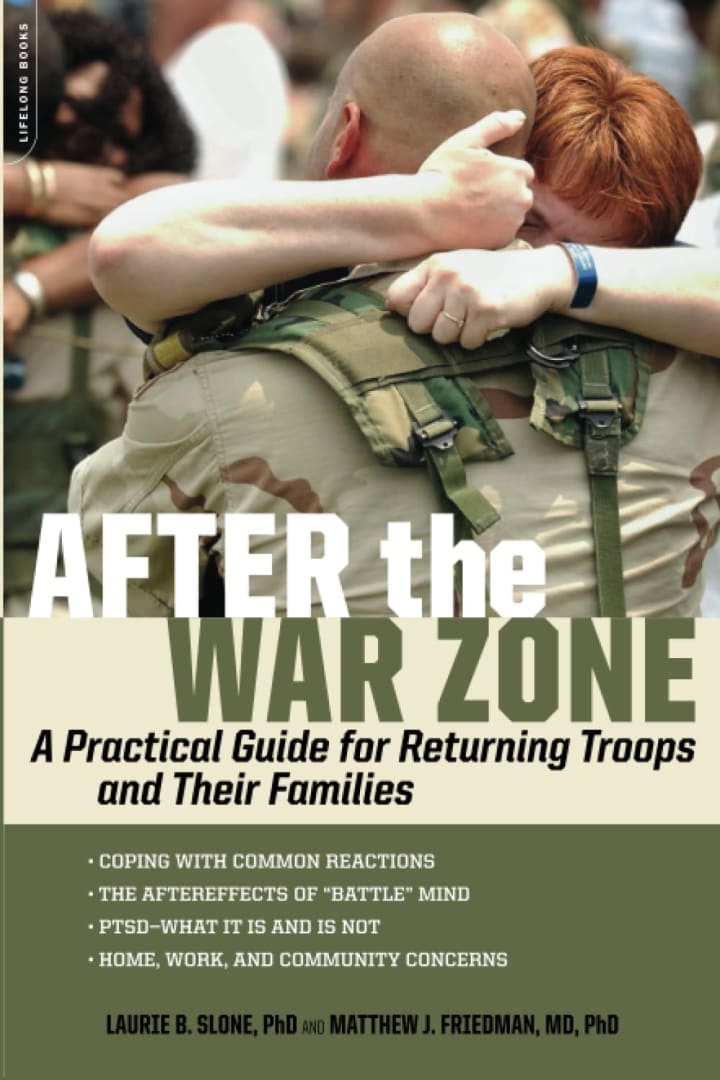
"The Unbroken Line of the Moon" by Johanne Hildebrandt
A historical fiction novel that explores the life of a Viking woman who experiences trauma during her adventures. While not a non-fiction self-help book, it can offer a unique perspective on resilience and recovery.
Link to Amazon: "The Unbroken Line of the Moon"
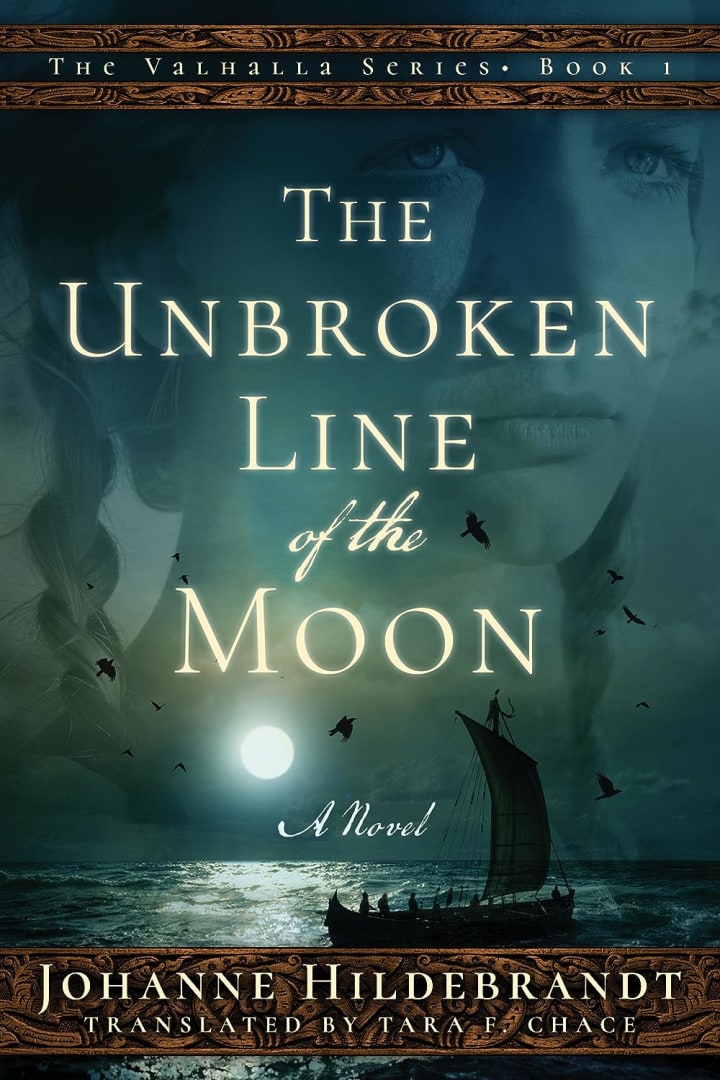
Remember that reading about PTSD can be emotionally challenging, so it's essential to approach these books at your own pace and seek support when needed. Additionally, consider consulting with a mental health professional for personalized guidance and treatment options if you or someone you know is dealing with PTSD.






Comments
There are no comments for this story
Be the first to respond and start the conversation.